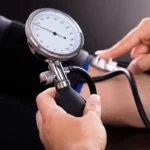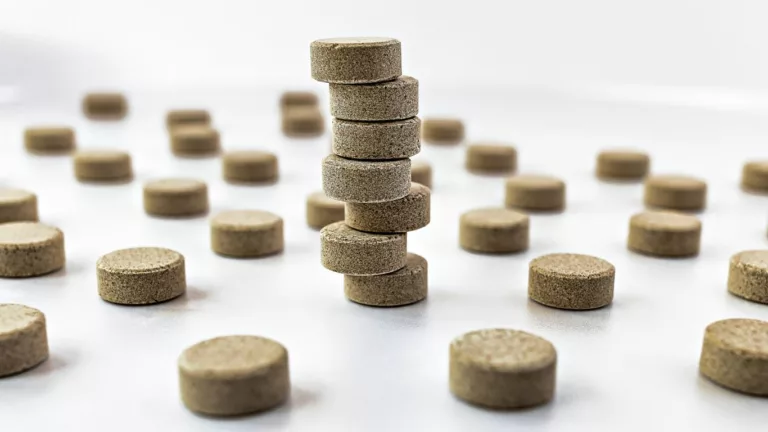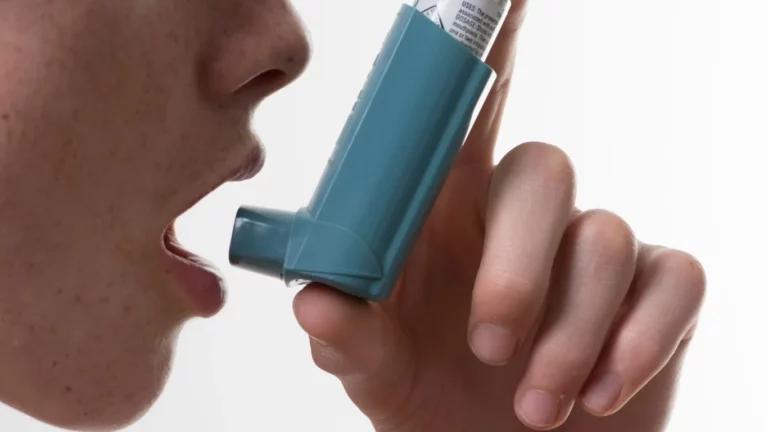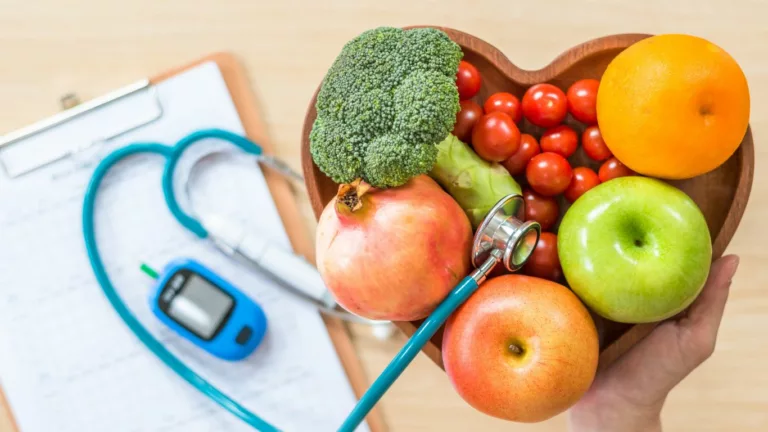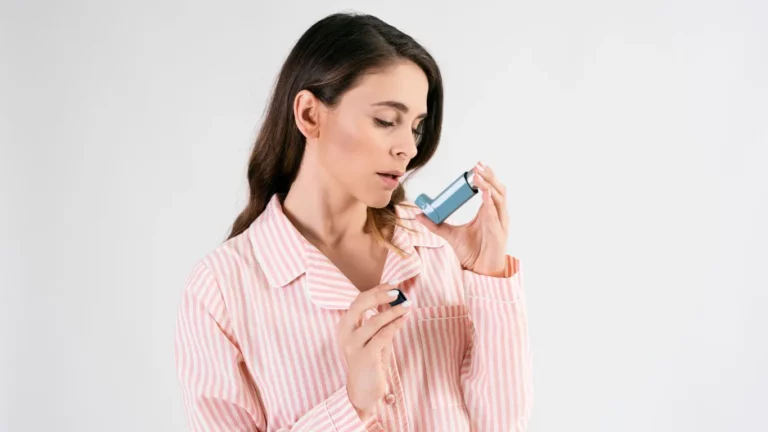High Blood Pressure in Low-Stress Individuals – Can It Happen?
Wondering if it’s possible to have high blood pressure even when you’re not stressed out? Yep, it’s totally possible, and it might surprise you just how common it is! High blood pressure doesn’t always come from stress or anxiety. There are other factors that can cause it, and sometimes, it can even hit people who live a pretty calm and relaxed life. In this article, let’s break down how this happens, what you need to know, and some tips to manage it if you’re dealing with high blood pressure.
First off, let’s talk about what high blood pressure (also known as hypertension) really is. Blood pressure is basically the force of blood pushing against your artery walls as your heart pumps it around your body. If that force is too high, it can damage your arteries and lead to serious issues like heart disease, strokes, and kidney problems.
Normally, blood pressure readings are measured in two numbers – systolic (the pressure when your heart beats) and diastolic (the pressure when your heart rests between beats). A reading of 120/80 mmHg is considered normal, but anything consistently higher could be cause for concern.
Can High Blood Pressure Happen Without Stress?
It’s easy to think that high blood pressure only happens when you’re constantly stressed, anxious, or dealing with a lot of pressure in life. But here’s the thing: stress is just one of many factors that can influence your blood pressure. It’s possible to have high blood pressure even if you’re living a low-stress lifestyle.
Some people can have hypertension without feeling stressed out at all. It’s not about what you feel, it’s about how your body reacts. There are plenty of other things that can raise your blood pressure, such as:
- Genetics: If your family has a history of high blood pressure, you might be more likely to have it, even if you’re super chill. Genetics play a big role in how your body handles blood pressure.
- Diet: What you eat can make a huge difference. Eating too much salt, not getting enough potassium, or having a diet low in fruits and vegetables can cause blood pressure to go up.
- Weight: Being overweight or obese can increase the risk of developing high blood pressure. Even if you’re not stressed, carrying extra weight puts more pressure on your blood vessels.
- Age: As you get older, your blood vessels naturally become less flexible, which can raise your blood pressure. This is just part of aging and doesn’t always have anything to do with stress.
- Sleep issues: Conditions like sleep apnea, where you stop breathing while you sleep, can also contribute to high blood pressure, even if you’re totally relaxed during the day.
Why Do Low-Stress People Get High Blood Pressure?
So, if you’re living a laid-back life, why would you get high blood pressure? It doesn’t always make sense, right? Well, the truth is that stress is only one piece of the puzzle, and sometimes your body can develop high blood pressure due to other hidden factors. For example:
- Silent conditions: You can have high blood pressure without even knowing it, since it often doesn’t show symptoms right away. So, if you’re not checking your blood pressure regularly, you might not even realize it’s high.
- Lifestyle habits: Even in a low-stress lifestyle, things like sitting around too much, not exercising, and eating an unhealthy diet can raise your blood pressure. It’s easy to think you’re doing great because you’re not stressed, but those little lifestyle factors can sneak up on you.
- Genetics: High blood pressure can run in families, so if your parents or grandparents had it, you might be more likely to develop it too, no matter how calm and relaxed you are.
How to Manage High Blood Pressure (Even If You’re Not Stressed)
Okay, so let’s say you find out that you do have high blood pressure, even though you feel totally chill most of the time. What now? Well, there are some steps you can take to get your blood pressure under control. These tips work whether you’re stressed or not:
1. Eat a Healthier Diet
- Focus on a balanced diet with plenty of fruits, veggies, whole grains, and lean proteins.
- Cut down on sodium (salt), which can raise blood pressure.
- Try to include foods rich in potassium (like bananas, sweet potatoes, and spinach), as potassium helps lower blood pressure.
2. Exercise Regularly
- Physical activity is a game-changer when it comes to lowering blood pressure. Aim for at least 150 minutes of moderate exercise per week (like brisk walking or cycling).
- Exercise helps keep your weight in check and keeps your heart and blood vessels healthy.
3. Watch Your Weight
- Losing even a little bit of weight (if you’re carrying extra) can make a big difference in your blood pressure. It’s one of the most effective ways to manage hypertension.
4. Limit Alcohol and Caffeine
- Drinking too much alcohol can raise your blood pressure, and caffeine can cause a temporary spike. Keep these in moderation if you’re looking to keep your blood pressure under control.
5. Monitor Your Blood Pressure Regularly
- Regularly checking your blood pressure at home or at the doctor’s office is key to managing it. If you notice any increases, talk to your doctor about what changes you can make.
Can High Blood Pressure Ever Be Completely Prevented?
Unfortunately, there’s no magic trick to completely prevent high blood pressure, especially if you have a genetic predisposition. But the good news is that you can manage and even reverse it with the right lifestyle choices. Keep a healthy weight, eat right, exercise regularly, and get your blood pressure checked regularly.
Conclusion
So, while it’s common to think of high blood pressure as something that only happens when you’re under a ton of stress, that’s far from the whole story. Even low-stress individuals can experience high blood pressure, often due to genetics, diet, or other health factors. The best approach? Keep an eye on your blood pressure, eat a balanced diet, stay active, and keep up with regular check-ups to manage it.
Appendices
FAQs
- Can I have high blood pressure if I don’t feel stressed? Yes, it’s totally possible. High blood pressure can result from a variety of factors, including genetics, diet, and age, even if you’re not feeling stressed.
- Does exercise help with high blood pressure? Absolutely! Regular exercise helps strengthen your heart and blood vessels, which can lower your blood pressure over time.
- Can high blood pressure be cured? High blood pressure usually can’t be completely cured, but it can often be managed and even reversed with lifestyle changes and medication if necessary.
- How often should I check my blood pressure? It’s a good idea to check it regularly—at least once a month if you’re at risk, and more often if you’ve been diagnosed with hypertension.
- Is there a link between diet and high blood pressure? Yes, a diet high in sodium and low in potassium can raise blood pressure. Eating a balanced, heart-healthy diet can help keep it in check.
References
- American Heart Association (AHA). (2023). High Blood Pressure: What You Need to Know. https://www.heart.org/en/health-topics/high-blood-pressure
- Mayo Clinic. (2024). High Blood Pressure – Causes and Risks. https://www.mayoclinic.org/diseases-conditions/high-blood-pressure/symptoms-causes/syc-20350476
- National Institutes of Health (NIH). (2025). Understanding Hypertension. https://www.nhlbi.nih.gov/health-topics/high-blood-pressure
Disclaimer
This article is for educational purposes only and should not replace professional medical advice. Always consult with your healthcare provider before making any changes to your diet, exercise, or medication.


